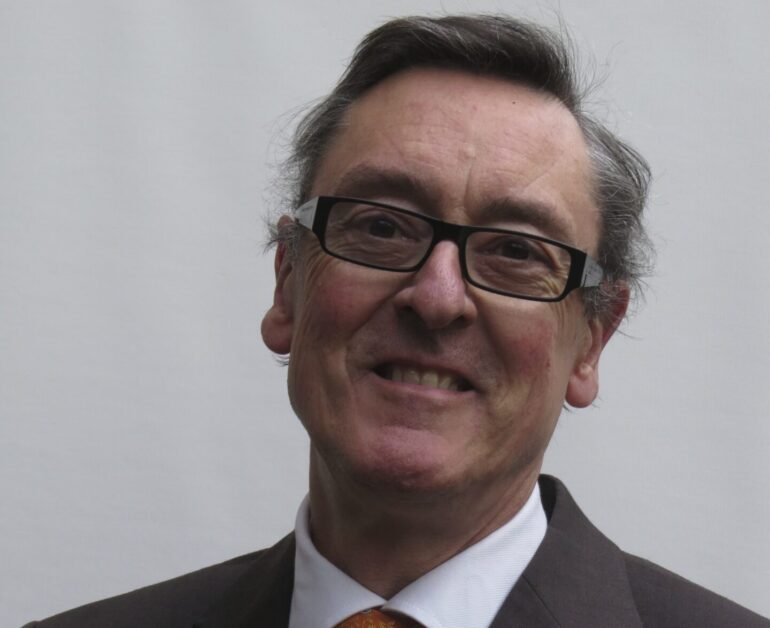Lenders and advisers are being urged to take sleep more seriously as National Carers Week begins, with IMLA using its latest Equality, Diversity and Inclusivity (EDI) Lunch and Learn session to highlight the impact of sleep deprivation across the industry.
Speaking at the event, Paul Barrett, head of wellbeing at the Bank Workers’ Charity (BWC), revealed that 71% of workers are getting less than the recommended seven hours of sleep a night. Data from the 2024 Mortgage Industry Mental Health Charter shows that just 9% of advisers get sufficient sleep every night. According to BWC, 60% of bank employees frequently report poor sleep, with the figure expected to be higher among the many unpaid carers in the sector.
One in eight UK workers is an unpaid carer, defined as someone who supports a friend or family member unable to manage without help due to illness, disability, mental health challenges or addiction. BWC reports that caring duties affect workers’ social lives (64%), mental health (49%) and work performance (42%).
Barrett said: “When we sleep we consolidate memories, retain information and the brain gets rid of waste matter via the lymph system. So good sleep protects against neurodegeneration. Sleep is also vital for our bodies – when we sleep we grow muscle, repair tissue and create hormones.
“Poor quality or inadequate sleep is linked to a huge range of mental health conditions as well as physical illness, obesity, strokes, high blood pressure and heart disease.
“When we fail to get enough sleep on a regular basis, we can struggle to concentrate, our decision making becomes suspect, our memory suffers and we make more mistakes – which can have serious consequences.
“Poor sleep has contributed to a range of catastrophes such as the Challenger space shuttle explosion, the Chernobyl nuclear accident and the Exxon Valdez oil spill. The evidence is clear: we all need to take sleep more seriously for the sake of our mental and physical health and the quality of our work – and this advice is particularly pertinent for the thousands of carers among us.”




